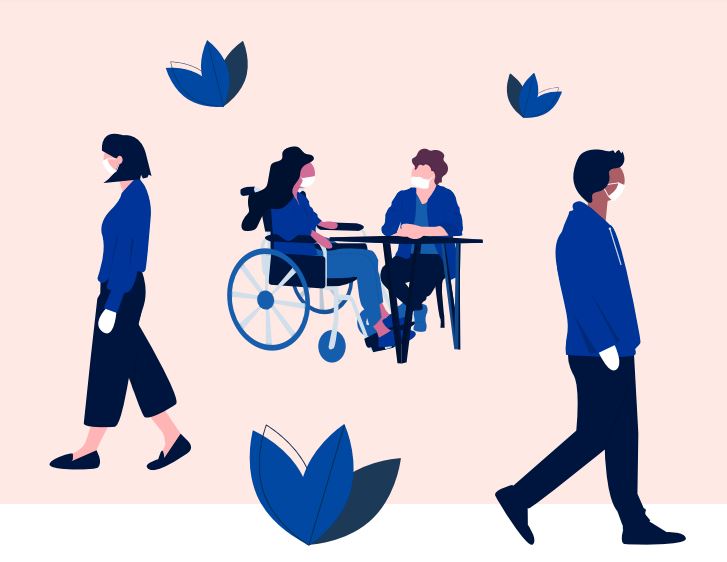From the Canadian Institutes of Health Research
Mardi Daley is an advocate, entrepreneur and Peer Specialist who recently founded Lived Experience Lab to support ethical engagement of people with lived experience in community-based research and workforce development. Mardi brings 6 years of experience working across youth-serving agencies in and outside of Toronto with a special focus on youth homelessness and mental health.
Naomi Thulien is a nurse practitioner and researcher dedicated to tackling the social and structural inequities that cause and perpetuate youth homelessness. She is a staff scientist at the MAP Centre for Urban Health Solutions – a research institute at St. Michael’s Hospital in Toronto. Naomi is also an Assistant Professor (Status-Only) at the Dalla Lana School of Public Health at the University of Toronto.
Two members of the youth advisory council for the CIHR Institute of Human Development, Child and Youth Health interviewed Mardi Daley and Naomi Thulien, investigators on the COVID-19 Mental Health Knowledge Synthesis project, Pandemic-Proof: Synthesizing Real-World Knowledge of Promising Mental Health and Substance Use Practices for Young People Who Are Experiencing or Have Experienced Homelessness.
Interview
What is homelessness, and what does it mean to be home?
Naomi offers a holistic perspective of what it means to be home: “Our Indigenous colleagues understand this the best – to be ‘housed’ is different than to be ‘home.’ And to be home is not four walls and a roof, it’s something in your heart and in your mind”. Homelessness is also not a linear experience. “There is a mentality and psychological impact associated with living in survival mode for so long. Feeling homeless in your own home is a real threat,” explains Mardi. We need to look at upstream factors we can improve as well as long term solutions we can implement, looking beyond shelters and towards long term housing and employment outcomes. Tangible solutions such as rent subsidies and post-housing wrap-around supports have been successful; however, intangible solutions focused on fostering inclusion, belonging, and sense of purpose are just as important. “Youth facing homelessness experience a different type of boredom – an existential crisis of meaning and belonging. And when transitioning out of homelessness, there is a spike in this existential crisis of boredom, exacerbated by feelings of loneliness and isolation,” says Naomi.

